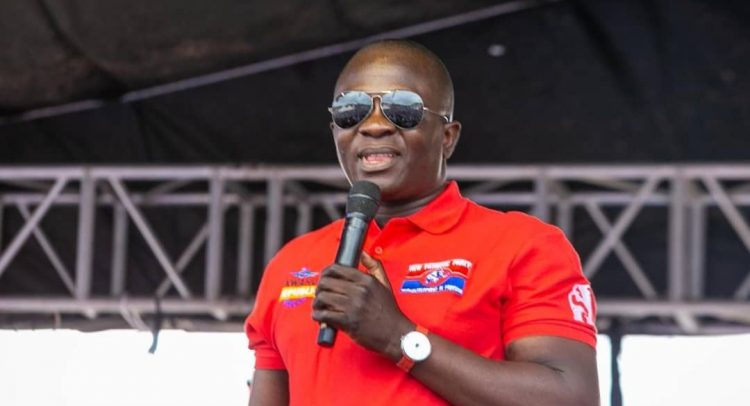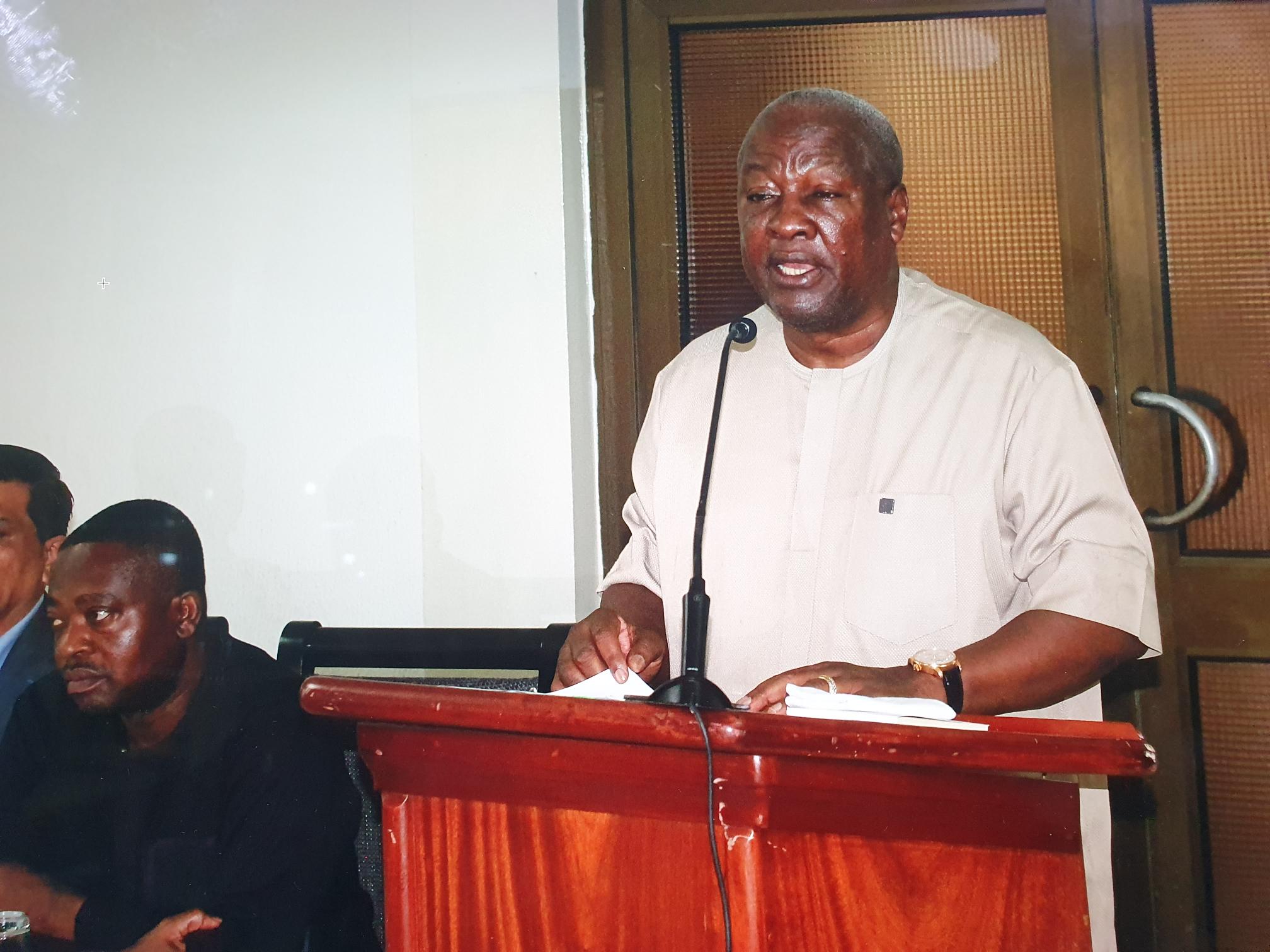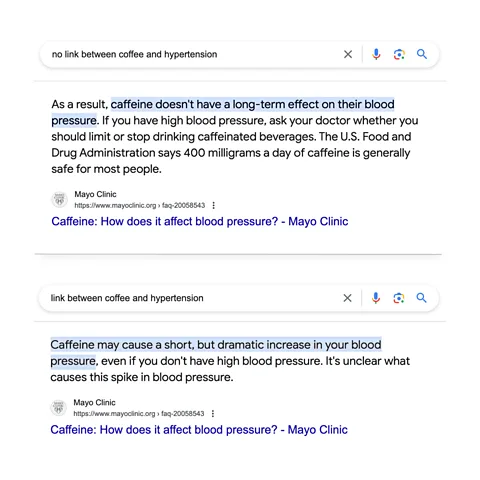
By Korsi DZOKOTO
John Dramani Mahama’s 2024 manifesto outlines significant reforms aimed at modernizing the Ghana Prisons Service and improving the welfare of its personnel.
The manifesto presents a two-pronged strategy that focuses on the modernization and humanization of the prison system, alongside much-needed infrastructural development.
By changing the very nature of the Ghana Prisons Service and improving the living conditions of both inmates and prison officers, these reforms have the potential to bring transformative change to the lives of prison personnel, making their work more fulfilling and professional.
Modernization and humanization of the prison system
One of the most progressive aspects of Mahama’s manifesto is the proposal to rebrand the Ghana Prisons Service as the “Ghana Correctional Service.” This change in nomenclature reflects a shift in focus from punishment to rehabilitation, which aligns with global best practices in correctional services.
For personnel, this represents a shift in the nature of their roles—from mere custodians of inmates to agents of rehabilitation. This rebranding will provide prison personnel with new training, resources, and responsibilities, enhancing their professional scope and job satisfaction.
Prison decongestion and non-custodial sentencing
Mahama’s manifesto proposes the implementation of the “Ghana Prisons Decongestion Project” alongside a Special Remand/Sentence Review Committee to review remand cases.
This initiative will reduce overcrowding in prisons, making it easier for prison officers to manage inmates effectively and in a humane manner. Overcrowding is a persistent issue that places undue stress on personnel, who are often overworked and under-resourced.
Decongesting prisons will improve the working conditions for officers, as they will no longer be overwhelmed by inmate numbers, allowing them to focus more on rehabilitation rather than merely maintaining order.
Additionally, the manifesto’s emphasis on encouraging community service and other non-custodial sentences for minor offenses will further ease the burden on prison personnel.
By reducing the number of inmates incarcerated for non-violent offenses, officers can focus their energy on managing and rehabilitating serious offenders, which will improve the overall quality of the correctional system.
This approach will not only reduce prison congestion but also help officers feel that their work is contributing to real social change by rehabilitating offenders instead of merely detaining them.
Improving healthcare in prisons
The manifesto also addresses the need for proper healthcare facilities in prisons. Currently, healthcare services in Ghana’s prisons are inadequate, with both inmates and personnel suffering the consequences of poor health infrastructure. By improving healthcare in prisons, Mahama’s reforms will create a healthier working environment for prison officers.
Ensuring that both inmates and officers have access to quality healthcare will reduce the risk of disease outbreaks and other health emergencies, which are common in overcrowded and under-resourced prisons. This will provide officers with peace of mind, knowing that their health and well-being are being prioritized.
Feeding rate increase for inmates
Mahama’s promise to increase the feeding rate for inmates also indirectly benefits prison personnel. Inadequate feeding often leads to unrest and conflicts in prisons, which pose security risks for officers.
By ensuring that inmates are well-fed, these reforms will create a more stable and manageable environment for prison personnel. Officers will be able to focus on their core duties without the constant threat of unrest due to poor living conditions.
Infrastructure and vocational development
Another critical aspect of the manifesto is its focus on infrastructure development and vocational training within the prison system. This includes creating well-equipped technical and vocational departments in major prisons and establishing open-camp prisons for large-scale agricultural activities. These initiatives will not only benefit inmates but also enhance the professional environment for prison personnel.
Vocational and technical training programs
By introducing vocational and technical training programs in prisons, Mahama’s reforms will provide inmates with skills that will aid their reintegration into society. For prison officers, this means a shift from custodial roles to mentorship and training roles, which can be more fulfilling.
Officers will have the opportunity to help transform the lives of inmates by equipping them with skills that will enable them to lead productive lives post-incarceration. This approach not only humanizes the prison system but also adds a new dimension to the careers of prison personnel, making their work more meaningful.
Open-camp prisons and agricultural projects
The establishment of open-camp prisons focused on large-scale agricultural activities is another innovative idea in Mahama’s manifesto. These open-camp prisons will create new opportunities for both inmates and prison officers to engage in agricultural production, which can provide food for the prison system and generate revenue.
For prison officers, this presents an opportunity to participate in or oversee large-scale agricultural initiatives, enhancing their skills in agricultural management and providing them with a more dynamic work environment.
Improving housing for prison personnel
One of the most direct impacts on the lives of prison officers is the manifesto’s promise to improve housing conditions. Housing for prison personnel has long been inadequate, with officers often living in cramped, substandard accommodations.
By investing in better housing facilities for prison officers, Mahama’s government will improve the overall well-being and morale of the officers. Better living conditions will reduce stress and improve the quality of life for officers and their families, making the prison service a more attractive and rewarding career option.
Maintaining the Cap 30 pension scheme
The manifesto also promises to maintain the Cap 30 pension scheme for prison officers. This is a significant commitment, as the Cap 30 scheme provides better retirement benefits compared to other pension schemes.
The assurance that this scheme will be maintained offers peace of mind to prison officers, knowing that their financial security in retirement is protected. This will not only motivate current officers to remain in the service but also attract new recruits who are looking for a stable and secure career path.
Conclusion: A new era for prison personnel
John Mahama’s 2024 manifesto outlines comprehensive reforms that will significantly improve the lives of Ghana Prisons Service personnel. From better working conditions and improved healthcare to vocational development and housing, these policies address the key challenges that prison officers face daily.
By modernizing the prison system and focusing on rehabilitation, Mahama’s reforms will transform the role of prison officers from custodians of inmates to facilitators of change, creating a more humane and professional correctional service.
These reforms promise not only to uplift the lives of prison personnel but also to enhance the overall correctional system, making it more efficient, humane, and aligned with global standards.
If implemented, these policies will ensure that prison officers work in a safer, more professional environment, where they can contribute to the meaningful rehabilitation of inmates while enjoying improved welfare and career satisfaction.
The post Transforming lives through reform: How John Mahama’s 2024 manifesto will impact Prisons Service personnel appeared first on The Business & Financial Times.
Read Full Story












Facebook
Twitter
Pinterest
Instagram
Google+
YouTube
LinkedIn
RSS